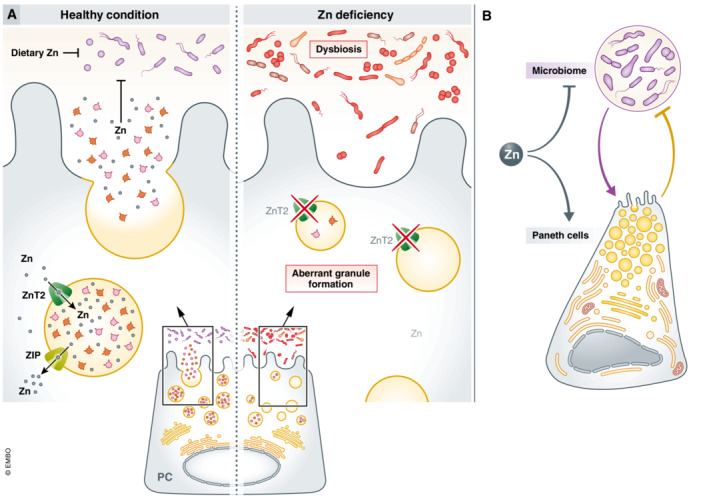Figure 3. The direct and indirect effects (via PCs) of Zn on the microbiome.

(A) In healthy conditions, dietary Zn has a direct antimicrobial effect on the microbiome and inhibits growth of, for example, several Staphylococcus species. Moreover, ZnT2 is responsible for the accumulation of zinc in the secretory granules and for the regulation of AMP secretion in PCs. Upon degranulation, Zn is released in the lumen, leading to an indirect effect (via the PCs) of Zn on the microbiome. Moreover, in vitro assays suggest a role for Zn in stabilization of the antimicrobial HD5 and LYZ. In conditions of Zn deficiency, the direct and indirect antimicrobial effects of Zn on the microbiome are lost or reduced. Deletion of ZnT2 in mice leads to secretory granules devoid of Zn, impaired PCs, disturbed PC granule structure and reduced antimicrobial activity in the ileum, resulting in dysbiosis. (B) Zn can have an antimicrobial effect on the microbiome but is also indispensable for PC functions. PCs can further control the microbiome by the release of AMPs and Zn. The microbiome can in turn stimulate the PCs to produce AMPs.
